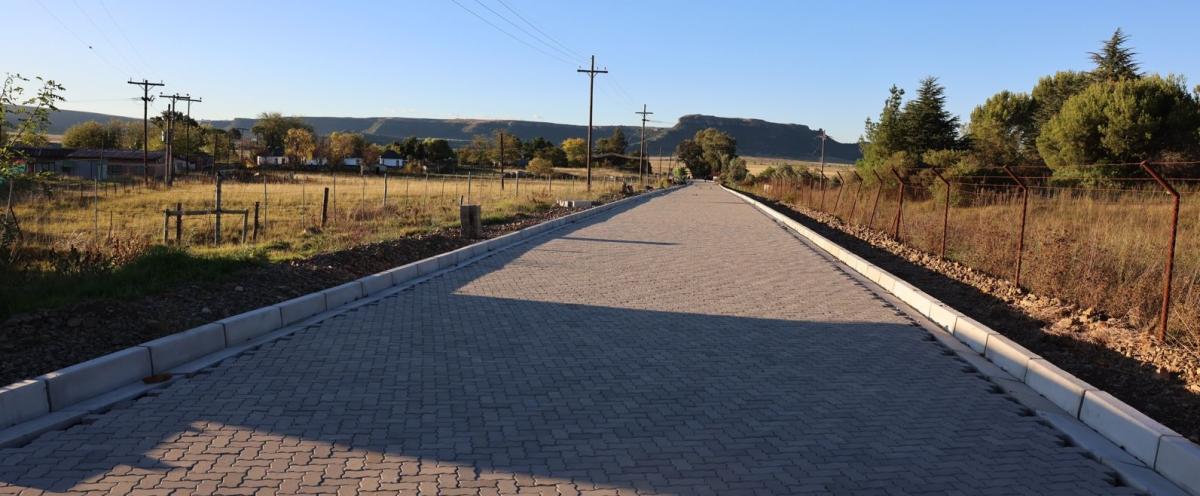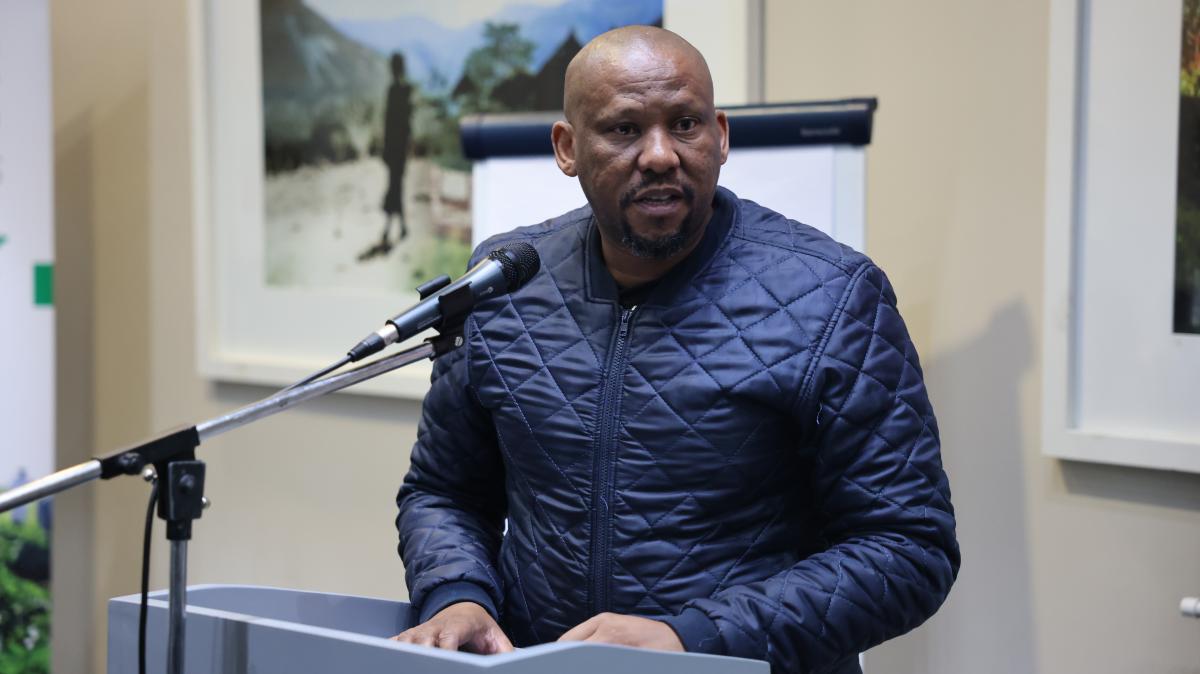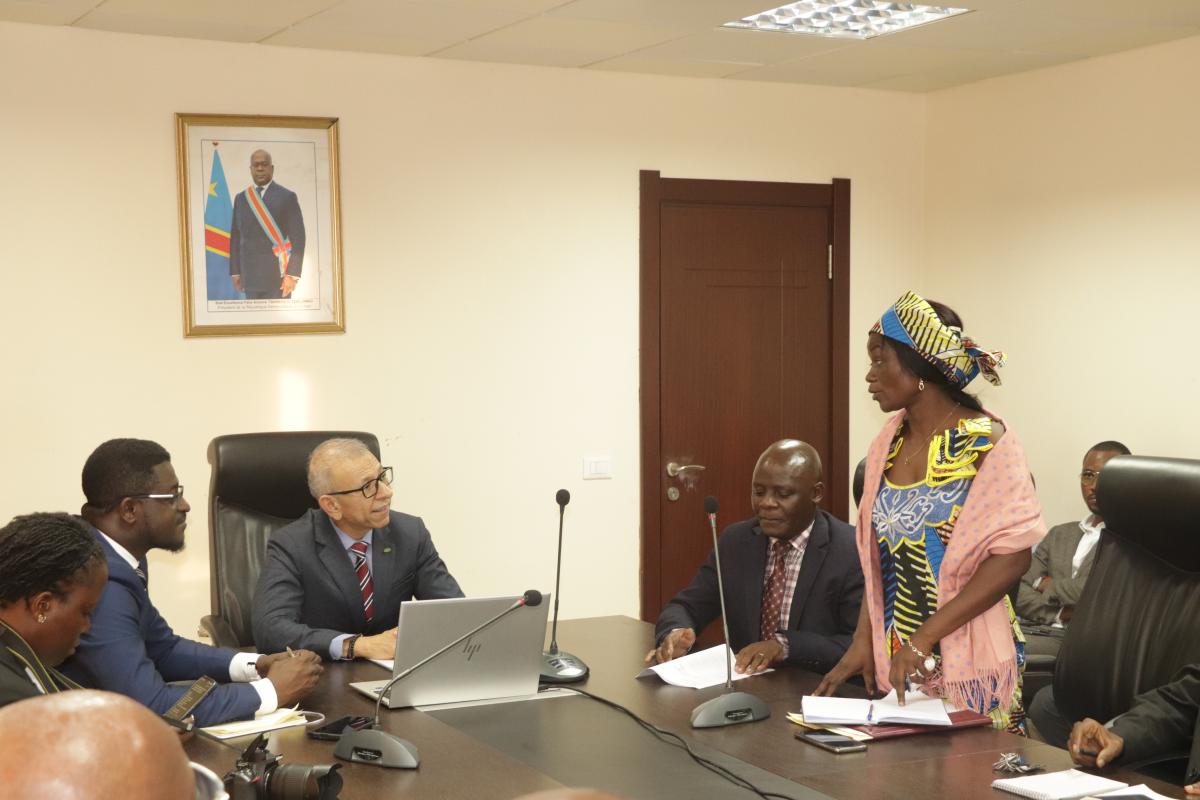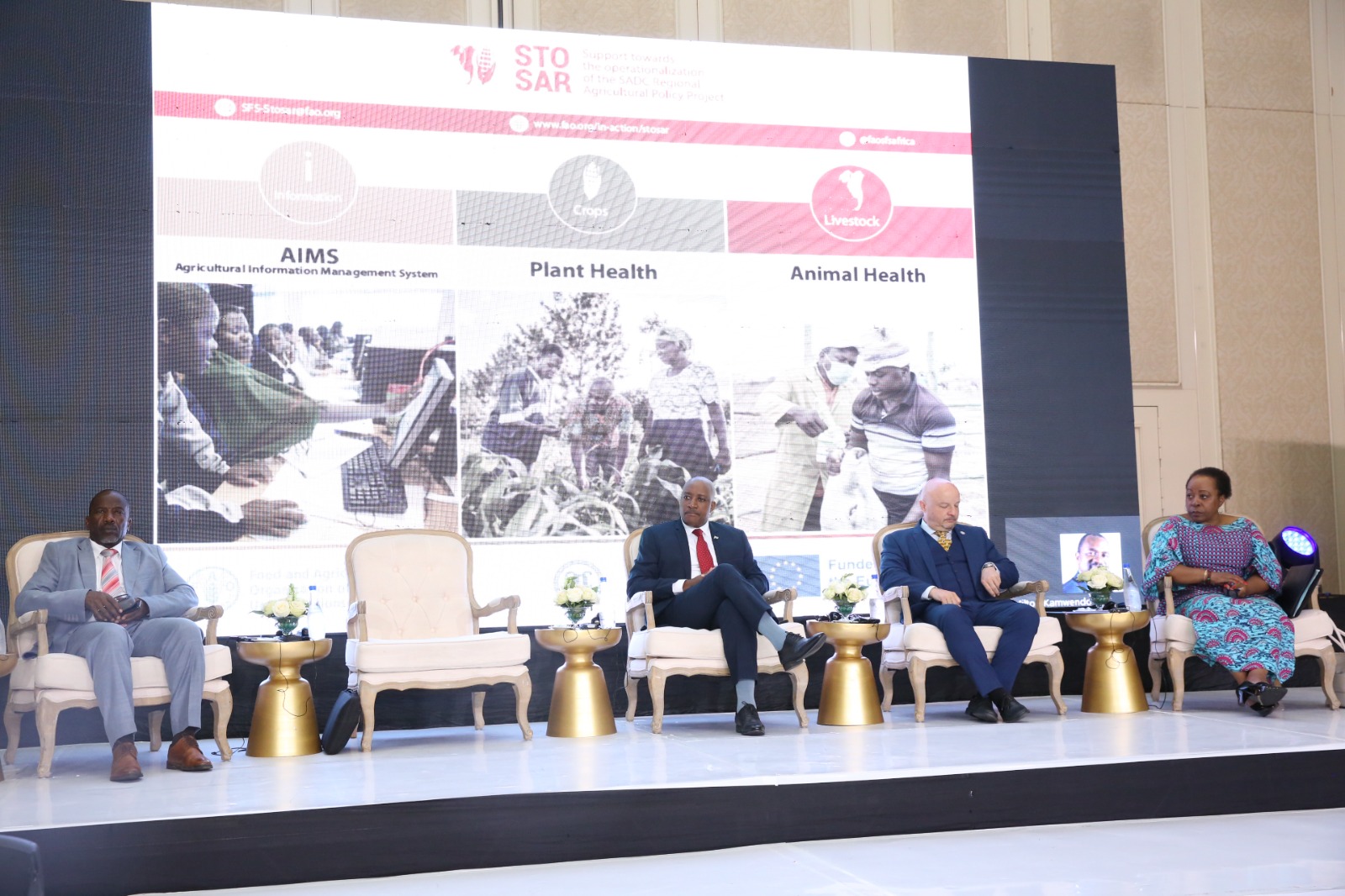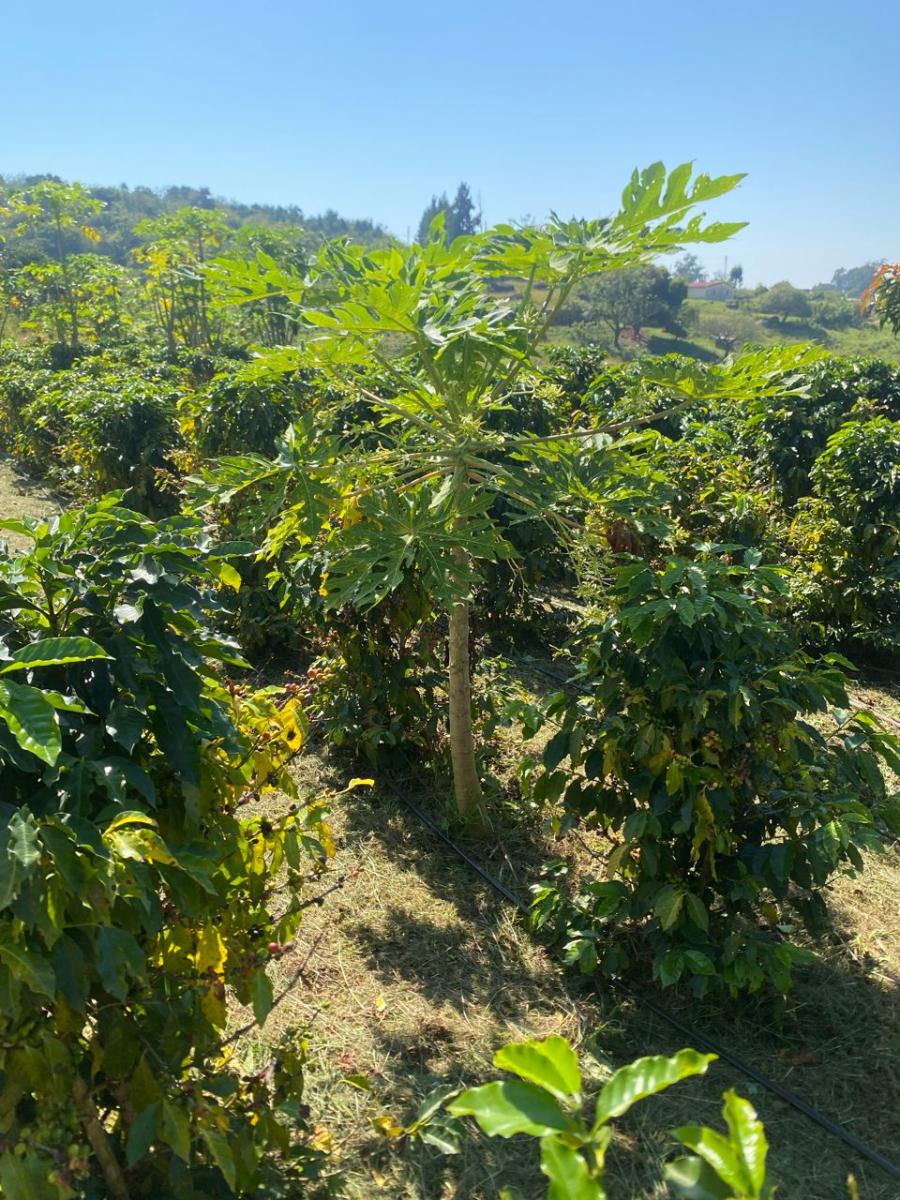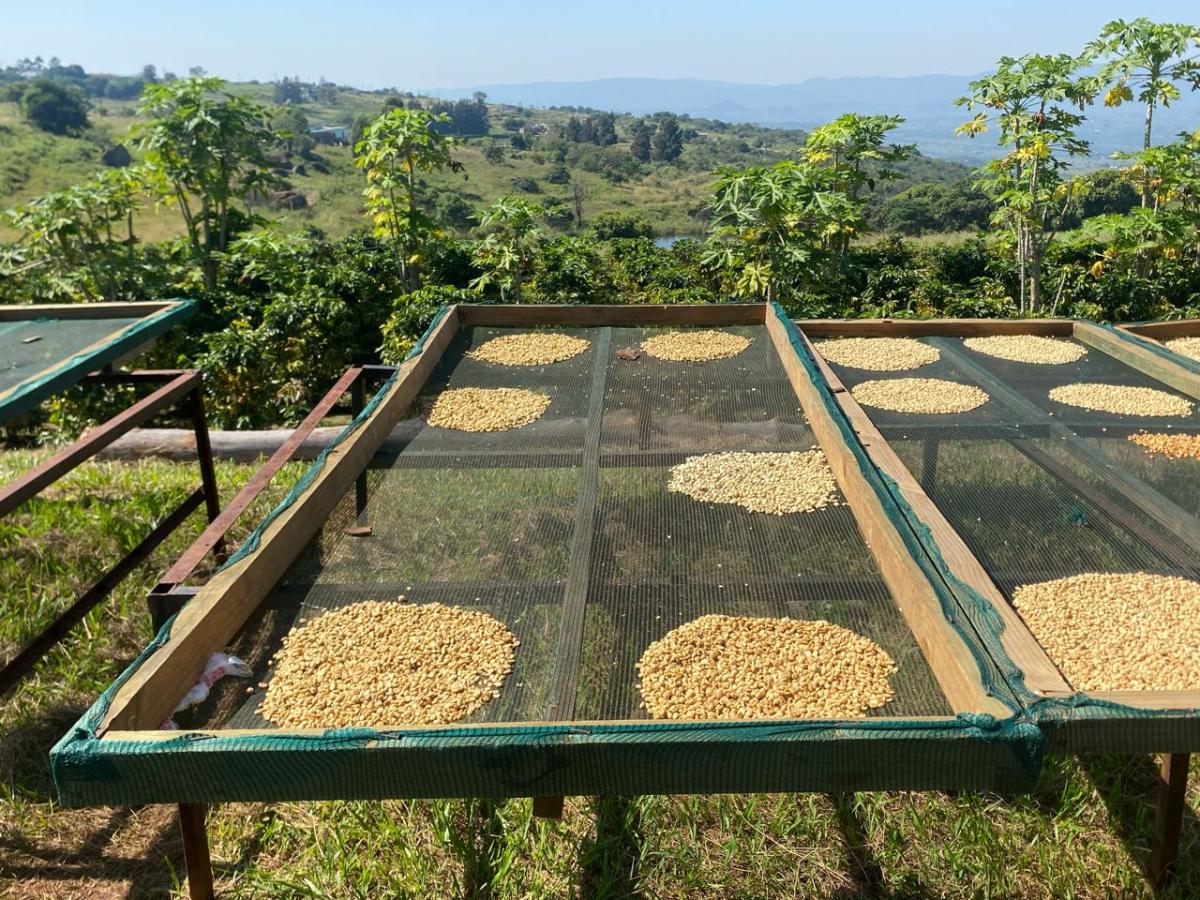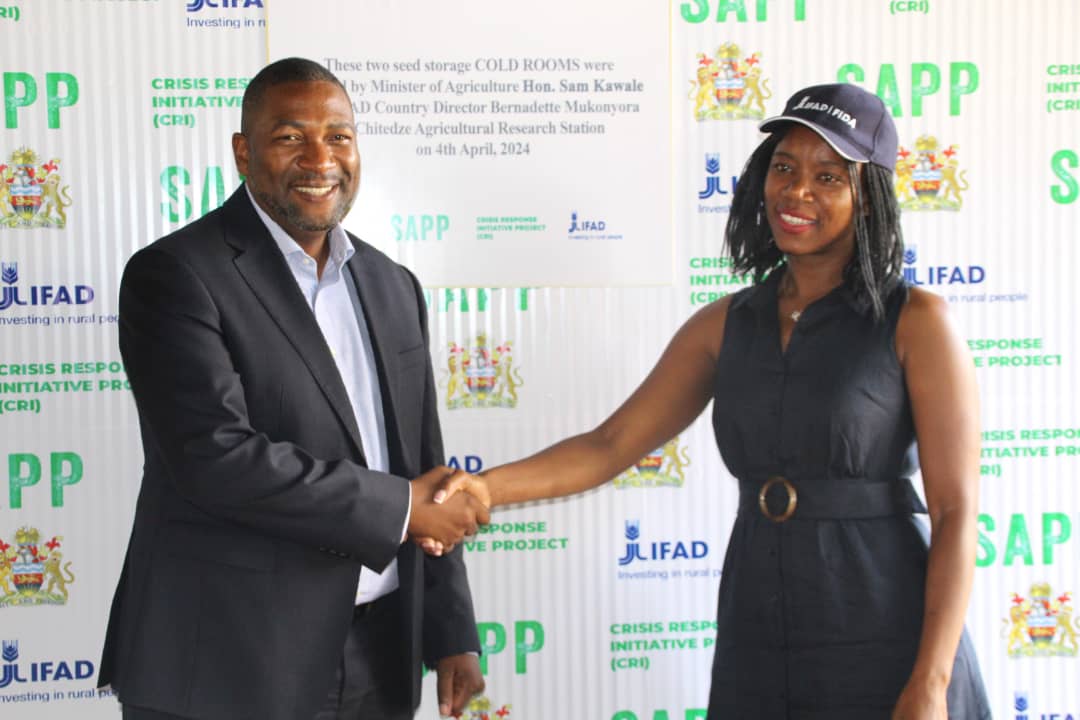Description/Abstract
Agriculture remains the economic backbone of most developing countries in terms of gross domestic product, employment and rural livelihoods. This is especially true of many Sub-Saharan African countries where agriculture accounts for more than 50% of GDP output and employs around 70% of the population.
Access to and the provision of demand-driven financial services is key if agriculture is to grow and is to play a central and decisive role in reducing poverty and hunger and generating much needed jobs in rural areas. At the same time, it is also one of the main constraints holding back the development and professionalization of agriculture and the food sector. Access to financial services remains one of the key challenges for rural areas in general and for agriculture in particular.
Financing agriculture, or more broadly speaking providing access to and offering financial services for agriculture, is complex and requires not only a deep understanding of agriculture, but also of financial institutions.
Citation
Huber, C. 2017. Analysis of GIZ Approaches to Improve Access to Agricultural Finance, Deutsche Gesellschaft für internationale Zusammenarbeit (GIZ) GmbH, Bonn and Eschborn, Germany




